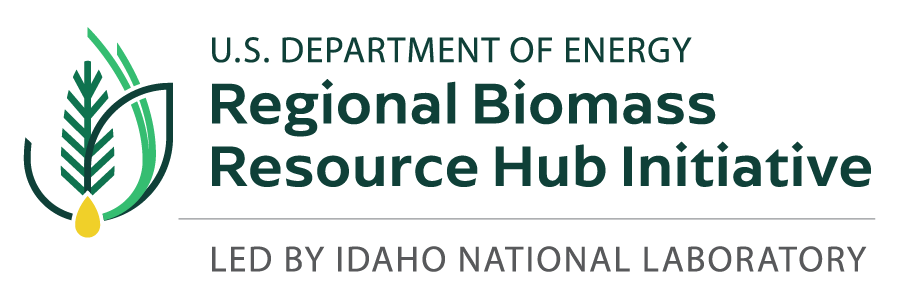Description
The Algae Biorefinery team offers cutting-edge pretreatment, fractionation, and conversion technologies designed to produce biofuel and value-added co-products (e.g. polyurethane polymers) from entrained lipids and carbohydrates in microalgae and seaweeds. Our innovative approach includes the development of a modular, custom-built biorefinery systems, with respective TEA and LCA models, capable of efficiently handling and processing aqueous biomass slurries with a diverse range of chemical composition, ensuring optimal outcomes through the most economical and carbon-efficient methods. We have achieved biomass deconstruction with acid and enzyme-pretreatment to release fermentable hydrolysate and lipid at a scale of up to 200L. In custom catalytic upgrading reactors we demonstrated algae-lipid to sustainable aviation fuels upgrading. Algae-specific biorefining includes continuous fermentation of hydrolyzed carbohydrates in the solubilized non-lipid fraction, resulting in the production of a diverse array of valuable products. These include ethanol, succinic acid, butyric acid, and lipid, all of which underscore our commitment to fostering sustainable solutions and maximizing the economical potential of algal biomass.
Capability Bounds
Algae and seaweed conversion optimization includes; product chemical speciation and impurity testing, data dissemination in a standardized format, customization to small and large quantities of biomass (<1 g to > 0.5T per day) from either farmed microalgae, wastewater treatment, macroalgae and seaweeds, generation of conversion fractions (lipids, protein or carbohydrate) with associated, in depth, compositional analysis
Unique Aspects
Utilizing an extensive suite of flexible, high-throughput, bench-scale pretreatment screening experiments (5-20 mL), NREL fills a critical niche for the algae industry, and has the capability to swiftly engineer an integrated biorefinery system and scale operations to 10L, 200L and continuous pre-pilot-scale operations (at 0.5 T per day), tailored to optimize the carbon conversion efficiency of algal biomass. Validated process scalability has been demonstrated with industrial partners through cooperative agreements, generating pertinent data for TEA/LCA.
Availability
The algae conversion pipeline is available to industry and academic partners, either through collaborative opportunities within existing core and competitive bioenergy program work at NREL, or with a fee-for-service rapid, standard agreements
Benefit
The biomass source-agnostic standard algae conversion pipeline can be applied to all third party biomass supplied to the team from various industry sources, aiming to support the standardized reporting on biomass suitability, fractionation effectiveness, of respective biorefinery streams
Capability Expert(s)
Lieve Laurens, Tao Dong
